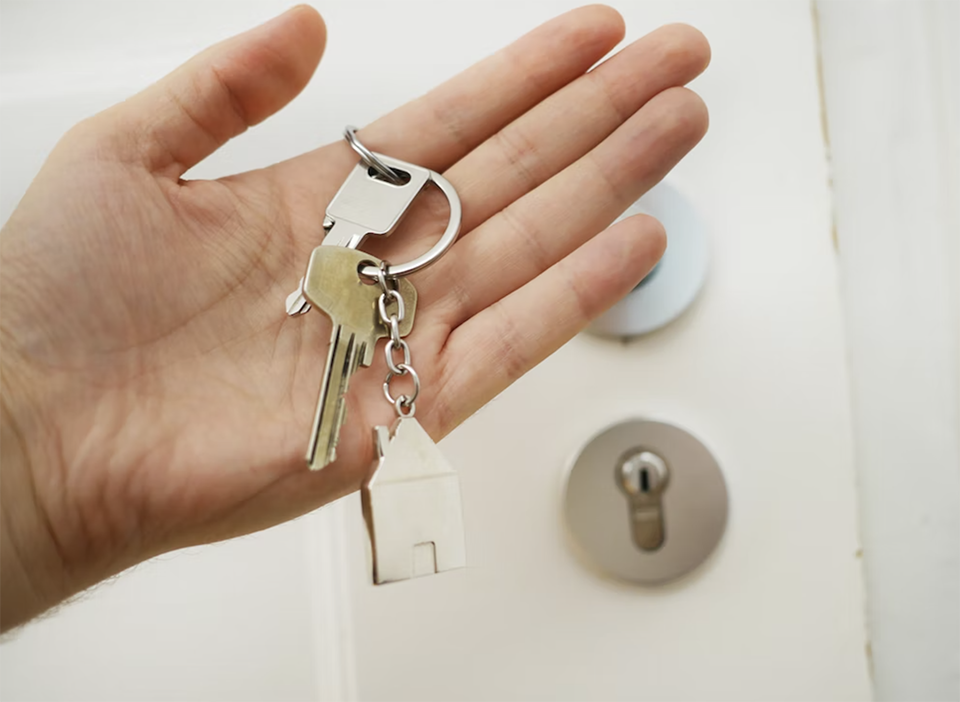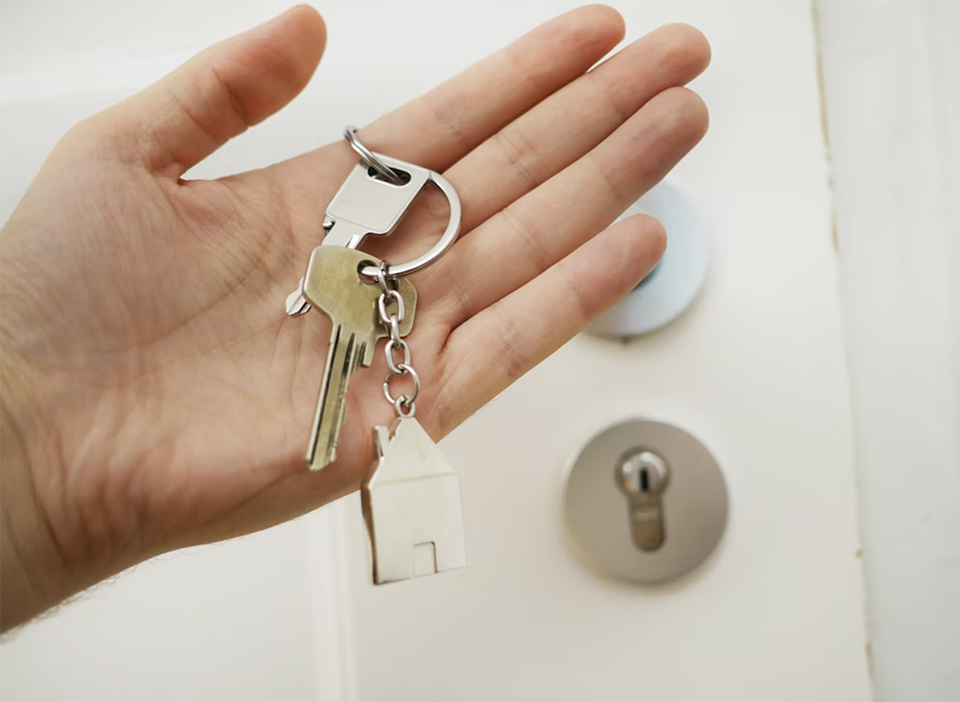
The world of hotel security locks has come a long way from the traditional metal keys that were once used to secure hotel rooms. With the rapid advancement of technology, the hotel industry has embraced keyless entry systems as a more secure and convenient alternative for guests. Today, hotel security locks have evolved to offer a variety of options that incorporate biometric authentication, mobile app integration, and even voice recognition technology. As a result, hotels are now able to provide their guests with a seamless and personalized experience that starts from the moment they arrive at the hotel, all the way up to the moment they leave.
The History of Hotel Security Locks
Hotels have been using locks to secure guest rooms for centuries. The earliest hotel locks were simple padlocks that were used to secure doors. However, as the hotel industry grew, so did the need for more secure and sophisticated locks.
Traditional key locks
The most common type of hotel lock used in the past was the traditional key lock. These locks require guests to carry around a physical key to gain access to their rooms. While they were cheap and easy to install, traditional key locks had several drawbacks. Guests often lost their keys, which could result in expensive locksmith fees for the hotel. Additionally, traditional key locks were not very secure, as keys could easily be duplicated.
The Rise of Electronic Locks
In the 1970s, hotels began to adopt electronic locks as a more secure alternative to traditional key locks. These locks used a magnetic stripe card to unlock doors, which was a significant improvement over traditional keys. Magnetic stripe cards were more difficult to duplicate, and hotels could easily deactivate lost or stolen cards.
Electronic locks continued to evolve over the next few decades. In the 1990s, hotels began to use smart cards, which stored more information than magnetic stripe cards. Smart cards also allowed hotels to program access based on the guest’s stay, which meant that guests could only access their rooms during their stay. This was a significant improvement over magnetic stripe cards, which could be used to access rooms indefinitely.
The Benefits of Keyless Entry
Keyless entry systems have revolutionized the hotel industry by providing several benefits to guests and hotel owners.
convenience
One of the most significant benefits of keyless entry is convenience. Guests no longer have to carry around a physical key or swipe card to access their rooms. Instead, they can use their smartphones or smartwatches to unlock their doors. This is especially convenient for guests who frequently lose their keys or cards.
Security
Another benefit of keyless entry is security. Keyless entry systems are more secure than traditional key locks because they use encryption to protect guest data. Additionally, keyless entry systems can be programmed to revoke access immediately after checkout, which means that guests cannot access their rooms after their stay has ended.
Personalization
Keyless entry systems also allow hotels to provide a more personalized experience for their guests. Hotels can use mobile apps to send guests personalized messages and offers based on their preferences. For example, a hotel might send a message to a guest who has checked in to let them know that their favorite type of wine is waiting for them in their room.
Different Types of Keyless Entry Technology
There are several types of keyless entry systems available to hotels today. These include:
RFID
“RFID, or radio-frequency identification, is a type of keyless entry system that uses radio waves to communicate between a card or fob and a reader. When a guest holds their RFID card or fob up to the reader, the door unlocks.”
Jessica Carrell, Co-Founder of AnySoftwareTools
Bluetooth
“Bluetooth keyless entry systems use Bluetooth technology to communicate between a guest’s smartphone or smartwatch and the lock. Guests can unlock their doors by simply holding their device up to the lock.”
Jeyn Dashner, Founder of WanderFever
NFC
“NFC, or near-field communication, is a type of keyless entry system that uses a short-range wireless connection to communicate between a guest’s smartphone and the lock. Guests can unlock their doors by holding their smartphone up to the lock.”
Isabella, Marketing Director of Autowiringpro
biometrics
“Biometric keyless entry systems use biometric authentication, such as fingerprint or facial recognition, to unlock doors. These systems are the most secure type of keyless entry system and are often used in high-security areas.”
Vincent Zhu, CEO of ShineACS
Mobile Apps
“Mobile app keyless entry systems allow guests to use their smartphones to unlock their doors. These systems often offer additional features, such as the ability to send messages to guests and access hotel amenities.”
Ranee Zhang, VP at Airgram
Examples of keyless entry systems
Several hotels have adopted keyless entry systems in recent years. These include:
hilton
Hilton was one of the first hotel chains to adopt keyless entry systems. The company’s Digital Key system allows guests to use their smartphones to unlock their doors and access other hotel amenities.
Marriott
Marriott’s keyless entry system, called Mobile Key, allows guests to use their smartphones to access their rooms and other hotel amenities. The system is available at select Marriott hotels around the world.
IHG
IHG’s keyless entry system, called Mobile Check-In and Mobile Key, allows guests to check in and access their rooms using their smartphones. The system is available at select IHG hotels around the world.
Security Concerns with Keyless Entry
While keyless entry systems are more secure than traditional key locks, they are not without their security risks. Hackers could potentially gain access to keyless entry systems by exploiting vulnerabilities in the technology. Additionally, guests’ personal information could be compromised if the keyless entry system is hacked.
To prevent these security risks, hotels must ensure that their keyless entry systems are up-to-date with the latest security patches and that guests’ personal information is properly encrypted.
The Future of Hotel Security Locks
Keyless entry systems are becoming more widespread in the hotel industry. As technology continues to evolve, we can expect to see even more innovative keyless entry systems in the future. For example, hotels might use voice recognition technology to allow guests to unlock their doors by speaking a passphrase.
Keyless Entry Adoption Rates
According to a recent survey, 38% of hotels in the US are currently using keyless entry systems. This number is expected to increase in the coming years as more hotels adopt the technology.
Conclusion
Hotel security locks have come a long way from traditional key locks. Keyless entry systems have revolutionized the hotel industry by providing guests with a more convenient and personalized experience. While there are security risks associated with keyless entry systems, hotels can mitigate these risks by ensuring that their systems are up-to-date and properly encrypted. As technology continues to evolve, we can expect to see even more innovative keyless entry systems in the future.








